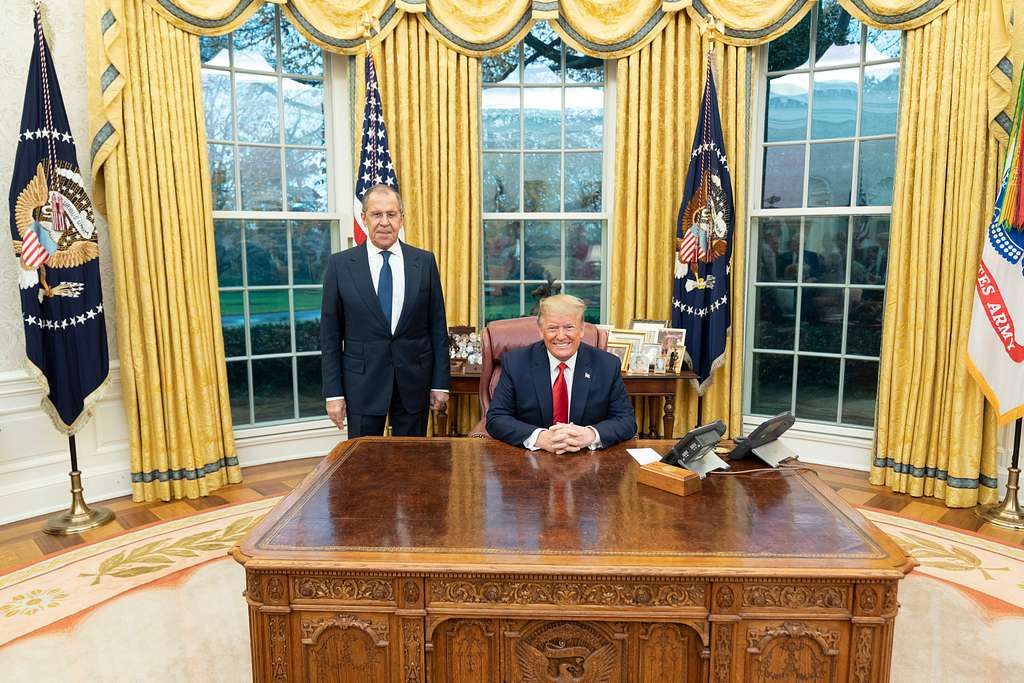Honoring the Armistice: Remembering the End of World War I and Its Lasting Impact

The anniversary of the World War I armistice, observed annually on November 11, marks a momentous day in global history. Known as Armistice Day, Remembrance Day, or Veterans Day in various countries, this date commemorates the end of one of the most devastating conflicts of the 20th century. On November 11, 1918, at precisely 11 a.m., the guns fell silent across the Western Front as an armistice between the Allies and Germany came into effect, effectively bringing an end to four years of intense warfare.
World War I, often referred to as “The Great War,” had profound and far-reaching impacts, reshaping national borders, political systems, and the course of history. Over 16 million soldiers and civilians lost their lives, and millions more were left wounded or displaced. The war also led to significant advancements in military technology and strategy, leaving a deep imprint on global warfare.
Each year, the armistice anniversary serves as an occasion for reflection and remembrance. Ceremonies, often held at war memorials and cemeteries worldwide, honor those who served and sacrificed. Poppies, inspired by the famous poem In Flanders Fields, are worn as symbols of remembrance, especially in Commonwealth countries.
The legacy of the armistice extends beyond just remembering the past. The impact of World War I has left lessons that continue to shape international relations, military policies, and efforts toward global cooperation. As we honor this day, we are reminded of the value of striving toward a peaceful future, ensuring that the horrors of war are never repeated.





